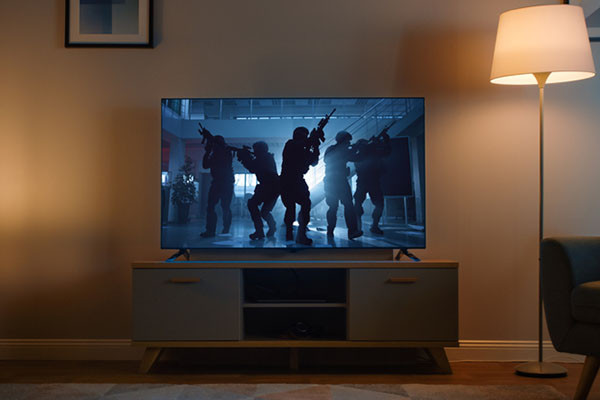War anxiety: How to cope

The past few months have not been kind to us. It seems almost impossible to turn on the news or scroll through social media without encountering a disturbing image. Whether it's viewing a photo of a child injured through a bombing in Ukraine, reading a gruesome description of assaults on innocent women and children, or listening to a survivor recount her story, the emotions stirred by media may remain with us all day.
What is war anxiety?
War anxiety, sometimes known as nuclear anxiety, is a surprisingly common reaction to the news and images about conflict. News about the war in Ukraine, arriving on the heels of a two-year pandemic, seems to be hitting us particularly hard. This may be related to our already high levels of fatigue, worries, and a fragile sense of control. In a poll from the American Psychological Association, 80% of respondents reported significant stress as a result of the Russian invasion of Ukraine.
What does the research say?
We are still learning about the long-term effects of worries related to mass violence. A Finnish study found that adolescents worried about nuclear war were at increased risk for common mental disorders five years later. People prone to anxiety are also more likely to seek out media coverage of crises, which may perpetuate a cycle of distress.
Symptoms of war anxiety
War anxiety can gradually sneak up on you, or it can present suddenly in response to a trigger. Symptoms can be in your mind, in your body, or both. Physical symptoms of anxiety may include a racing heart, butterflies in your stomach, nausea, or dizziness. Some people develop full-blown panic attacks. For others, war anxiety presents as worries that spiral out of control, trouble sleeping, restlessness, or nightmares. Others may feel numb. Keep in mind that anxiety is often an appropriate response to life stressors, and a small amount of anxiety is adaptive — it signals your body to take a threat seriously.
Coping tools that work
When your mind is preoccupied by the war, or when you experience muscle tension or other physical symptoms, there are some strategies can help you break the anxiety cycle.
- Limit your media exposure. Emotionally gripping news sells, and news that affects you negatively is more likely to be addictive. Breaking the habit of checking the news regularly may be the single most effective change in combating war anxiety. Attempt to limit your exposure (including social media) to less than 30 minutes daily, and try to avoid exposure before bed.
- Reach out to others. Channeling anxiety into meaningful connection may lower your sense of helplessness. If you have a friend or acquaintance from Ukraine, consider checking in to offer support. If you prefer to volunteer or donate, consider one of these organizations.
- Cultivate compassion. War anxiety can trigger anger, which also has its roots in loss of control. Anger can be directed toward populations or ethnic groups, or it may be displaced onto family members or friends with a different view. In addition to interventions such as mindfulness, physical activity, and breathing exercises, anger can be effectively challenged with compassion. Start by paying more attention to kindness around you, attempt to limit your judgments, and try to appreciate other perspectives.
- Change your routine. Limiting media exposure, news updates, and political discussions will increase your free time during the day. Unfortunately, unstructured time usually results in more worrying, as our brains are hard-wired to do. Try to incorporate these anxiety-reducing activities instead:
- Walk in the forest. Research suggests that as little as 15 minutes in nature can relieve stress and anxiety.
- Increase the intensity of your physical activity. Any aerobic activity can reduce anxiety, but the higher the intensity of exercise, the greater the effects on anxiety.
- Practice deep breathing and mindfulness. To reap the benefits, try to practice every day. Guided mindfulness can be done in person, or at home with CDs or mobile applications. Breathe2Relax is a free and evidence-based mobile app that teaches deep breathing exercises.
Finding additional support
For the majority of people with war anxiety, the symptoms will peak and then gradually pass. However, severe anxiety symptoms may require further attention, particularly as exposure to conflicts can trigger memories from past traumatic experiences. If war anxiety starts to interfere with your work, sleep, or general sense of well-being, speak with your primary care clinician about whether therapy or medications may be indicated. For speaking to children about the war, this pamphlet can be a helpful resource. The Disaster Distress Helpline (800-985-5990) is available 24/7 for crisis counseling, and it provides referrals to local resources.
About the Author

Stephanie Collier, MD, MPH, Contributor; Editorial Advisory Board Member, Harvard Health Publishing
Disclaimer:
As a service to our readers, Harvard Health Publishing provides access to our library of archived content. Please note the date of last review or update on all articles.
No content on this site, regardless of date, should ever be used as a substitute for direct medical advice from your doctor or other qualified clinician.















